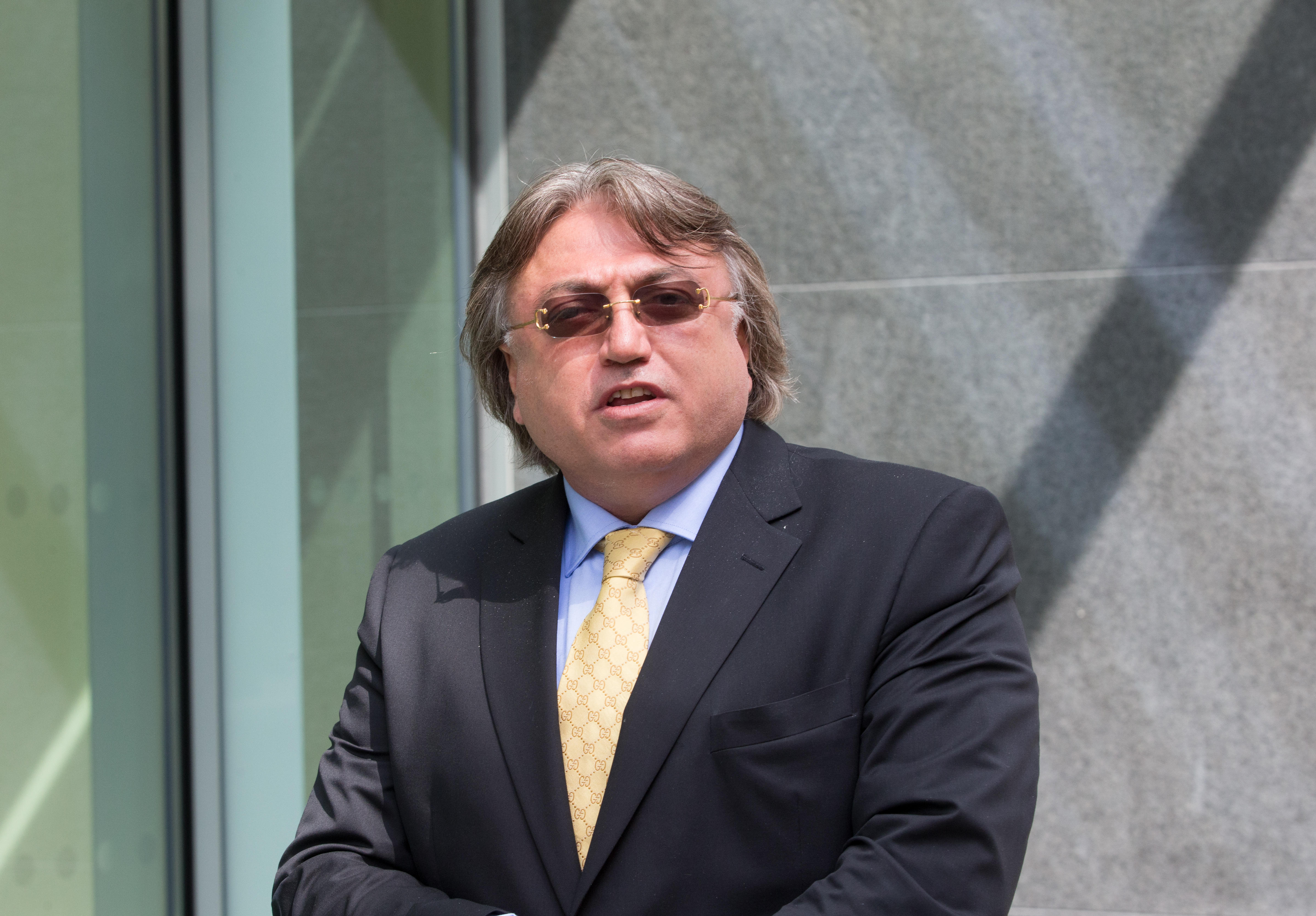Businessman who lives near Royal Albert Hall in court dispute over traffic
Robert Tchenguiz, who lives in South Kensington, has taken legal action against Westminster City Council – a judge is overseeing a High Court trial

A businessman is embroiled in a High Court dispute with a council over traffic management orders which he says significantly restrict access to his London home.
Robert Tchenguiz, who lives in South Kensington, near the Royal Albert Hall, has taken legal action against Westminster City Council.
A judge began considering arguments on Thursday.
Mrs Justice Lang is overseeing a hearing at the High Court in London, which is due to end on Friday.
Mr Tchenguiz says the council has failed to have regard to the “significant interference” with his human right to respect for private and family life.
Lawyers representing him are also arguing that the council’s decision was “materially influenced by an improper motive” – facilitating the provision of a loading and parking area for the Royal Albert Hall.
They have asked Mrs Justice Lang to quash the orders.
Council bosses say the “primary objective” of the orders is to guard against terror attacks.
They say the restrictions aim to protect people living near the Royal Albert Hall against “vehicle-borne terrorist attacks” by “removing parked vehicles” from the “lengths of road immediately adjacent” to the hall.
Lawyers representing the council say the orders are valid and Mr Tchenguiz’s complaints should be dismissed.
“The claimant, a private individual, challenges two traffic management orders made by Westminster City Council,” Tim Buley QC, who is leading Mr Tchenguiz’s legal team, told the judge in a written argument.
“The traffic management orders have the effect of significantly restricting access to his family home.
“Control over the restrictions on access under the traffic management orders is delegated to the Royal Albert Hall, who designed, promoted and funded the proposals.
“The council argues that the ‘primary objective’ of the traffic management orders was ‘to safeguard the public and premises, including residents, in the vicinity of the Royal Albert Hall from vehicle-borne terrorist attacks by removing parked vehicles from the lengths of road immediately adjacent to the hall’.”
Ruth Stockley, leading the council’s legal team, told the judge in a written argument: “The defendant undoubtedly had regard to the claimed interference with the claimant’s human rights as part of the decision-making process.”
She said the council was not influenced by any desire to facilitate parking for the Royal Albert Hall, and added: “The defendant is entirely independent from the Royal Albert Hall.”
Mr Buley told the judge: “In practice, the approach of the Royal Albert Hall has been to use the area to which access is restricted by the traffic management orders as a private parking area for the Royal Albert Hall, with large numbers of vehicles regularly parked within that area.
“This is obviously inconsistent with the submission that the primary purpose of the measures is the prevention of terrorism.
“Instead, a power intended to avoid or reduce the likelihood of, or danger associated with, terrorism has been used to facilitate the Royal Albert Hall’s operations, with the effect of turning a section of public highway into a private yard.”
Miss Stockley said: “The defendant was not in any way materially influenced by a purpose of facilitating the provision of a loading and parking area for the Royal Albert Hall.”
She said the orders did not “prevent access” to the Mr Tchenguiz’s home but prevented “vehicular access to the kerbside” on the road outside between noon and midnight.
Bookmark popover
Removed from bookmarks